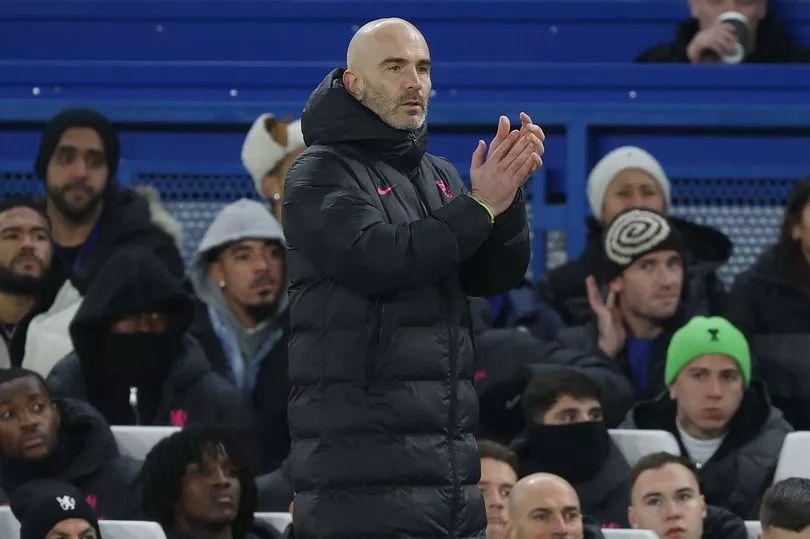Horror sells seats.
That’s what producers told Lindsay Mary Galvin Rauch when she expressed her family’s disappointment about how they were portrayed in “Six Schizophrenic Brothers,” a new documentary that’s going gangbusters on HBO Max and social media.
The four-part series chronicles the psychosis, murder, suicide and incest that interlaced the lives of the Galvins, the Colorado Springs family made famous in Robert Kolker’s award-winning, New York Times bestselling 2020 nonfiction book, “Hidden Valley Road.”
“The series misrepresents what happened,” said youngest sister Rauch. “My poor parents. They’re portrayed as monsters. They were the kindest, most highly educated parents in the world. The series misrepresents schizophrenia grossly.”
After moving to town in the 1960s, Don and Mimi Galvin raised a dozen children — 10 sons and two daughters — on Hidden Valley Road, in the Woodmen Valley part of town. Six of the boys were diagnosed with schizophrenia, beginning with the oldest son, Donald.
Three of the sons were already dead by the time Don died in 2003. One, who had been diagnosed with schizophrenia, killed his girlfriend and then himself. Mimi died in 2017. Today Donald lives in a Pueblo facility for the mentally ill and Matthew lives in a Springs facility. Rauch, who lives near Telluride, continues to help care and advocate for them through The Galvin Family Trust. She also travels the world working and speaking as a mental health advocate.
Rauch believed series producers had good intentions about the project and that they aligned with Rauch and her family’s mission to raise awareness about those who are suffering from schizophrenia and their families. But that’s not how it turned out.
“It has criminalized and stigmatized what is already an uphill battle for all families,” Rauch said. “It’s contributed to the problem and not alleviated it. It’s embarrassing for our family in the world of mental health awareness for us to have that happen.”
Rauch’s brother and sister, Michael Galvin and Margaret Galvin, chose to not participate, but Rauch did, as well as Donald and Matthew.
“My brothers who were schizophrenic were thrilled to participate,” Rauch said. “They wanted the opportunity to speak to how broken our mental health system is in this country and world. No one cares for these people. They’re housed on city streets and in prisons.”
Rauch was pleased with what she thought was the final product, but when she watched it again on Max she was unpleasantly surprised. The new version exploited the violence, sexual abuse and incestual parts of the family history, she said.
“I’m embarrassed by the series,” she said. “Families who have children or brothers and sisters who are affected, I understand why they’re mad. If someone suffers from schizophrenia it doesn’t mean they’re violent. The percentage of people with it who are violent is far lower than the general public. It’s just the way the media depicts it. Movies like ‘Joker’ and ‘Shutter Island’ — that’s what they did with our series and made it another horror story around mental illness.”
The series got three things wrong, Rauch says. Their childhood home wasn’t always violent. Incidents happened once or twice a year, when her brothers went off their medication. Sexual abuse never happened in her parents’ home. They didn’t know about the priest who abused some of the brothers until Donald was in his 50s. And they didn’t know Rauch and her sister had been abused by one of their brothers until she told them in her 20s.
Schizophrenic brother from ‘Hidden Valley Road’ struggles to find long-term care in Colorado Springs
“After that my parents and I never shared a family dinner with the perpetrator again,” Rauch sad. “He never came to their home again once they knew. They did everything they could to protect us and care for my brothers simultaneously. It was a tightrope for them to walk.”
Finally, Rauch wishes the series hadn’t omitted critical information about anosognosia, a condition that can coexist with schizophrenia, in which someone is unaware of their mental condition. Only a percentage of people with schizophrenia have anosognosia. One of Rauch’s brothers did not have it and could recognize his condition.
“He was compliant with his care,” she said. “People are noncompliant because they don’t think anything is wrong with them. When we see people on the streets and wonder why don’t they get care? They don’t think anything is wrong with them. That’s the biggest message I want to get out.”










